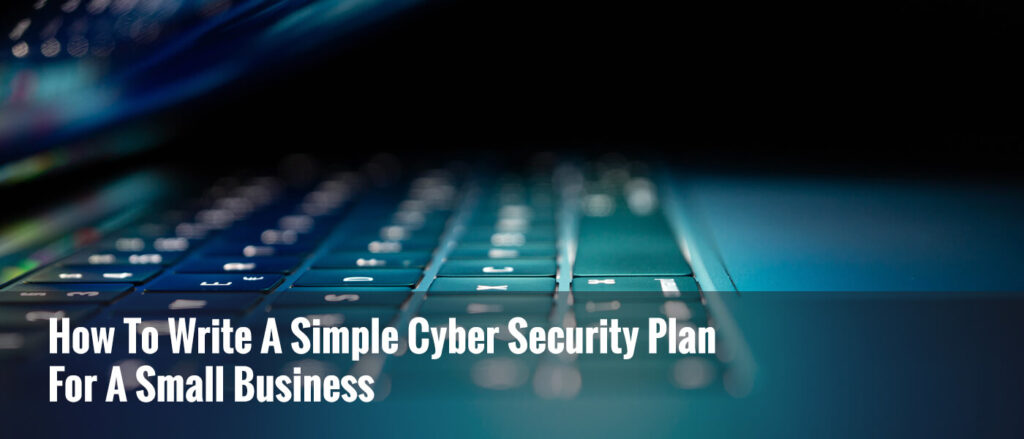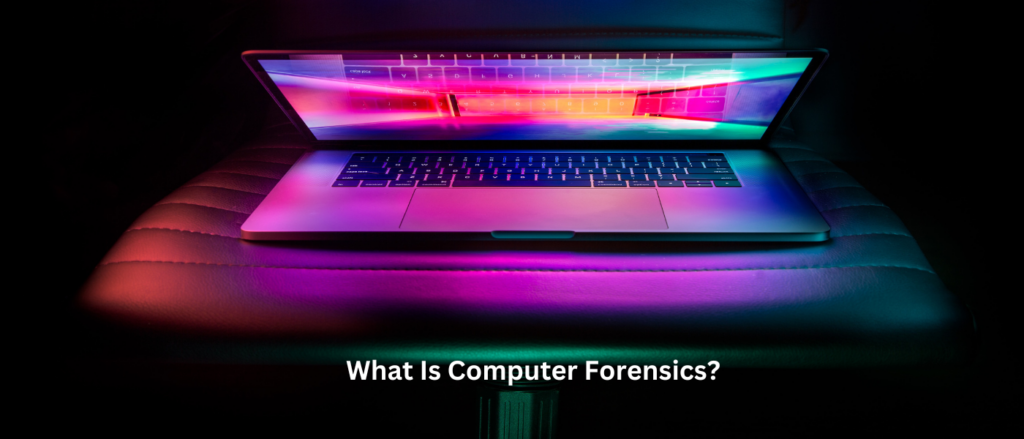Understanding the importance of Cyber Essentials for the financial sector is critical to protect the very sensitive data held by organisations and to prevent cyber attacks. Financial transactions and sensitive information transmitted and stored electronically is ever growing, and so the securing against cyber threats needs to be a robust process.
Cyber attacks have become a persistent threat, targeting financial companies with sophisticated techniques that can lead to data breaches, financial loss, and reputational damage. In this context, Cyber Essentials certifications have emerged as a crucial line of defence for safeguarding the financial sector. Cyber Essentials is a government backed scheme to help organisations implement Cyber Security practices to help prevent Cyber attacks. This article aims to provide financial companies with insights into the importance of Cyber Essentials certifications and a step-by-step guide to achieving them.
Why Become Cyber Essentials Certified?
- Establishing a Strong Security Foundation: Cyber Essentials certifications offer financial institutions a well-defined framework to establish a strong foundation for their cyber security practices. This framework focuses on fundamental security measures that are essential to prevent the most common cyber threats.
- Demonstrating Commitment to Security: By obtaining Cyber Essentials certifications, financial institutions demonstrate their commitment to cyber security to stakeholders, clients, and regulatory bodies. It helps build trust and confidence in the institution’s ability to protect sensitive financial data.
- Regulatory Compliance: Many countries have started incorporating cyber security requirements into their financial regulations. Cyber Essentials certifications often align with these regulatory mandates, helping financial institutions stay compliant with evolving cyber security standards.
- Mitigating Risks: Financial institutions face a wide range of cyber risks, from phishing attacks to ransomware. Cyber Essentials certifications help mitigate these risks by providing a structured approach to identifying vulnerabilities and implementing appropriate safeguards.
- Strengthening Vendor Relationships: Cyber Essentials certifications can enhance relationships with partners and clients, as they indicate a proactive approach to cyber security. This is particularly important in a sector where trust and security are paramount.
Cyber security Frameworks Applicable to Financial Institutions
Several cyber security frameworks are relevant to financial institutions seeking to enhance their cyber security posture. These frameworks often provide guidelines and best practices to safeguard sensitive financial data and maintain the integrity of critical systems. Some of the notable frameworks include:
- NIST cyber security Framework: Developed by the National Institute of Standards and Technology (NIST), this framework provides a risk-based approach to managing cyber security risks. It offers a comprehensive set of guidelines that financial institutions can tailor to their specific needs.
- ISO 27001: This internationally recognised standard outlines the requirements for establishing, implementing, maintaining, and continually improving an information security management system. It covers a wide range of security controls that are crucial for financial institutions.
- PCI DSS: The Payment Card Industry Data Security Standard is essential for financial institutions that process credit card payments. It outlines security requirements to protect cardholder data and prevent payment card fraud.
Achieving Cyber Essentials Certifications: A Step-by-Step Guide
Step 1: Familiarise Yourself with the Requirements
Thoroughly review the Cyber Essentials requirements, which typically include five key controls: boundary firewalls, secure configuration, access control, malware protection, and patch management.
Step 2: Conduct a Self-Assessment
Evaluate your institution’s current cyber security measures against the Cyber Essentials requirements. Identify gaps and areas that need improvement.
Step 3: Implement Necessary Changes
Address the identified gaps by implementing the required cyber security measures. This may involve configuring firewalls, updating software, enhancing access controls, and deploying malware protection solutions.
Step 4: Documentation and Evidence Collection
Compile documentation that demonstrates your institution’s adherence to the Cyber Essentials requirements. This may include policy documents, configuration settings, and evidence of security practices.
Step 5: Select a Certification Body
Choose a certification body authorised to assess and award Cyber Essentials certifications. Engage with them to schedule a certification assessment. Forensic Control is an authorised certification body and provides unlimited support to help you achieve Cyber Essentials and Cyber Essentials Plus certification.
Step 6: Certification Assessment
Undergo an assessment where Forensic Control reviews your documentation, conducts interviews, and possibly performs technical testing to validate your cyber security measures.
Step 7: Receive Certification
If your institution meets the requirements, you will receive the Cyber Essentials certification. This achievement showcases your commitment to cyber security and can be obtained anywhere from 1 month to 6 months from start to finish depending on your scope and timeframes.
Step 8: Ongoing Maintenance
Cyber security is an ongoing effort. Continuously monitor and update your security measures to adapt to evolving threats and maintain the Cyber Essentials certification.
Cyber Essentials for the Financial Sector cannot be overstated. These certifications provide a roadmap for implementing fundamental cyber security measures, enhancing trust, and protecting sensitive financial data. By following the step-by-step guide outlined in this article, business owners can lead their organisations toward achieving and maintaining Cyber Essentials certifications, ensuring a robust defence against the ever-evolving landscape of cyber threats. If you are unsure where to start or would like an authorised certification body to walk you through the process from start to finish our team is here to help
Contact us to arrange some time to speak to one of the team today.





